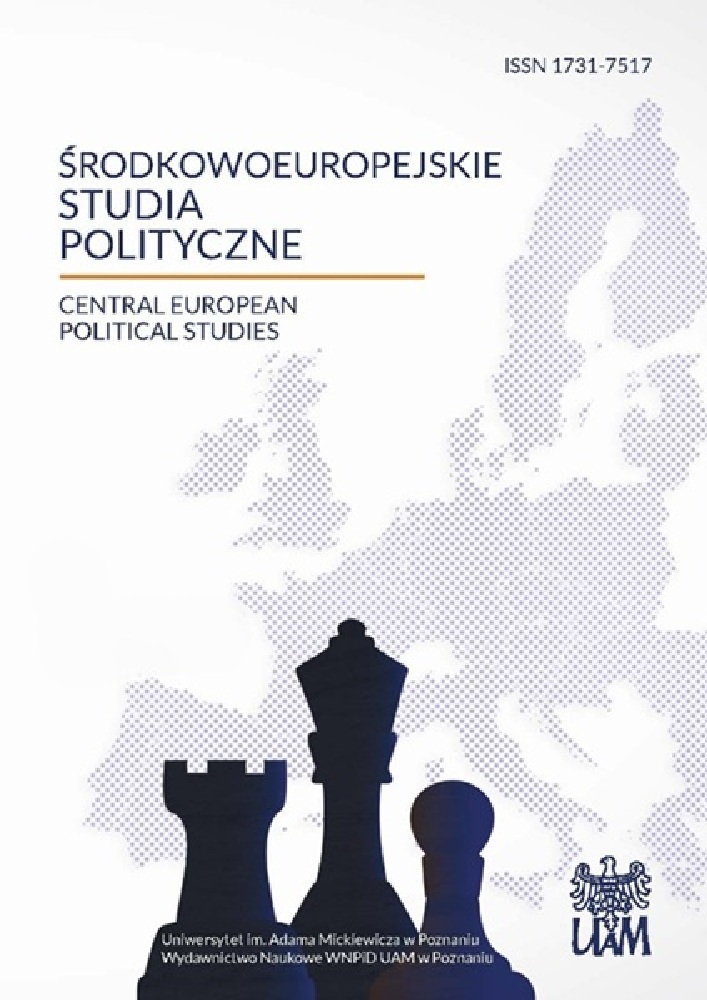Abstrakt
The campaign preceding the early presidential elections in 2010 reminded Polish society of the strong position the Catholic Church holds in political life, and mainly its role in the political system. In the context of the latest elections, it was observed that the Church went beyond the framework of its evangelization mission to enter realms it has long been driven out from in other modern states. This breaches the principle of the secular character of the state, its neutral point of view and separation (autonomy) of state and Church. This paper is limited to the presentation of the Polish Church’s political standpoint. The involvement of Catholic clergy in the presidential campaign serves only as a background to present the larger problem of political involvement of the clergy in general. Therefore, the main research issue is not the question of the forms of political activity which members of the Church assume, although some exemplifications are present in this paper, but rather what justifies the involvement of the Church in politics. It is demonstrated that neither theological doctrine nor the normative theory of democracy sufficiently justifies the active participation of the clergy in politics. It is also stressed, however, that the Church cannot be prohibited from partaking in public debate unless democratic principles are breached. Yet the Church’s involvement needs to fulfill one condition: it has to approve the principles of democratic discourse, such as the equal rights of different standpoints and the approval of the principle of relativity in political communication.
Licencja
Copyright
© 2010, Uniwersytet im. Adama Mickiewicza w Poznaniu, Wydawnictwo Naukowe Instytutu Nauk Politycznych i Dziennikarstwa
OPEN ACCESS
